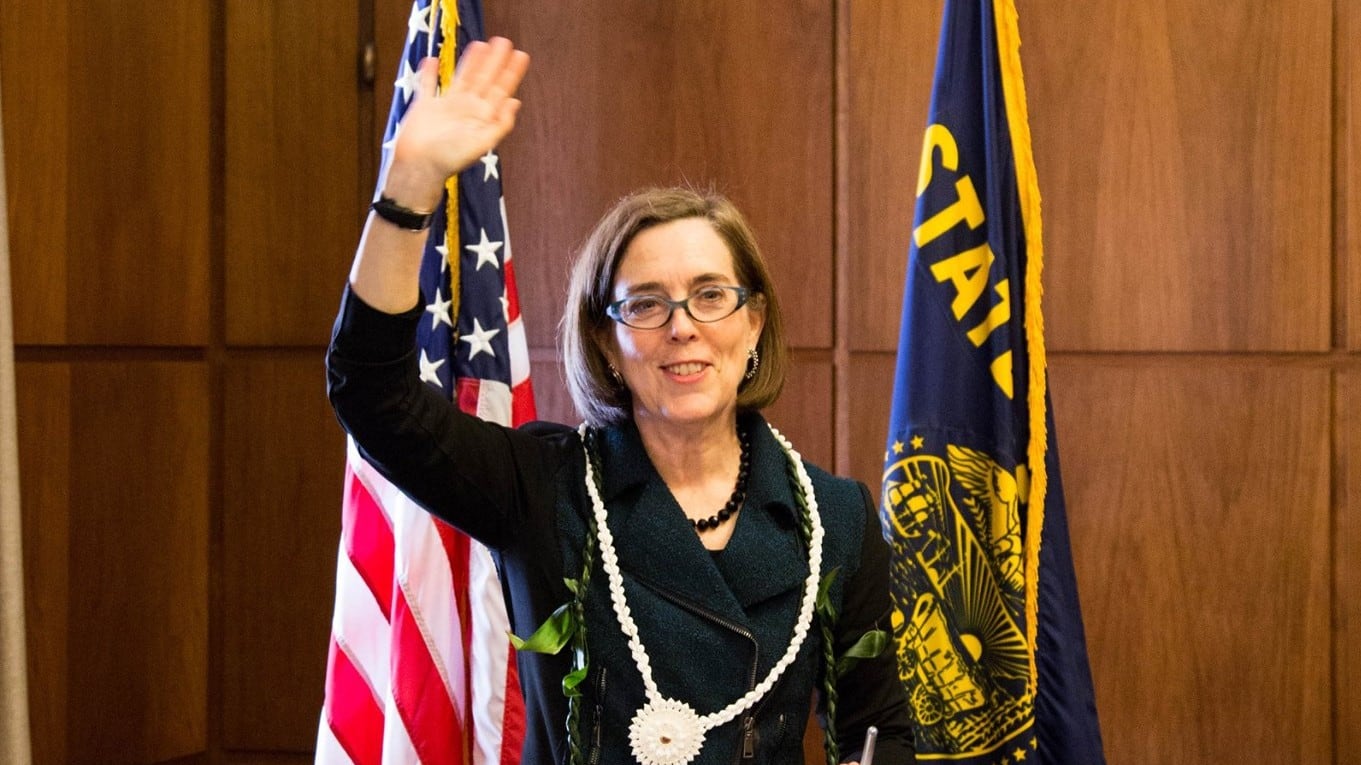Lawmakers recently celebrated a bill with relatively rare bipartisan support in a session characterized by partisan gridlock and general paralysis.
House Bill 2005 passed both chambers without a "no" vote, clearing the House on May 22. The bill prohibits employers from paying equally qualified workers different wages based on their gender, race, religion, sexual orientation or natural origin and prohibits employers from screening applicants based on salary history.
"Pay equity doesn't have to be a partisan issue, we've proven that here today," said Representative Jodi Hack (R-Salem), said in a statement. "I am very pleased that so many lawmakers and stakeholders came together and continued to work to develop a set of amendments that addressed some of the concerns of our small businesses, while still offering one of the most comprehensive wage equity laws in the country."
Oregon, like other states, has a long way to go on pay equity. A recent study by the Oregon Employment Department found that although 49 percent of the Oregon workforce is women, women earn less than men in every one of the 20 industries the state tracks and, overall, make just 69 percent of what men make.
That gap narrows when the jobs compared are narrowed, but it's still significant.
"A different source of earnings data shows that when comparing just full-time wage and salary workers, the gender pay gap narrows to 83 percent of the median weekly earnings of men," writes Employment Department Nick Beleiclks. "In other words, the number of hours worked could account for nearly one-half of the difference in earnings between women and men in Oregon."
During legislative debate on the bill, a 2015 report on the pay equity gap in state government surfaced.
Democrats, who have been the loudest voices for pay equity, have controlled the levers of state government since 2007 and the governor's office since 1987. But the report shows that the gap in state government mirrors the gap in the private sector, a surprising finding.
The bill now goes to Gov. Kate Brown's desk to be signed into law.

